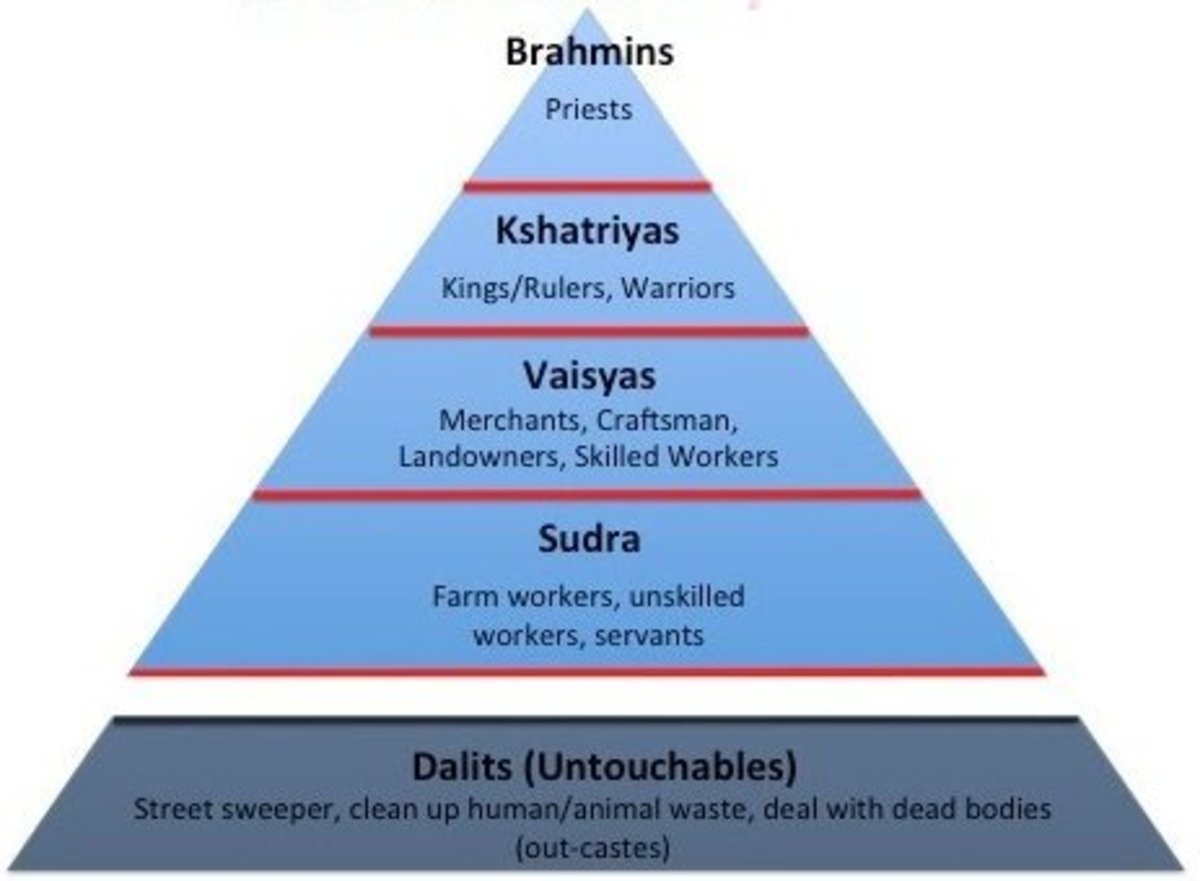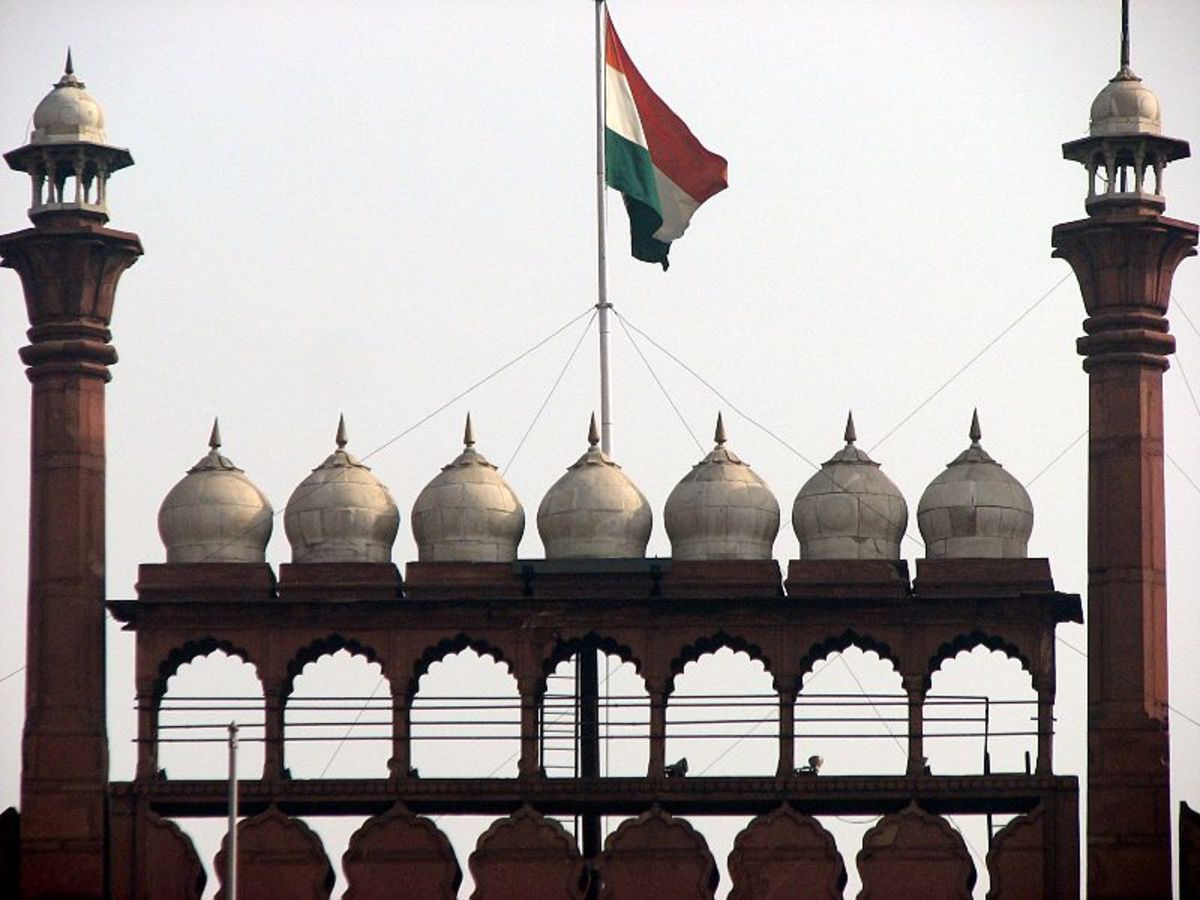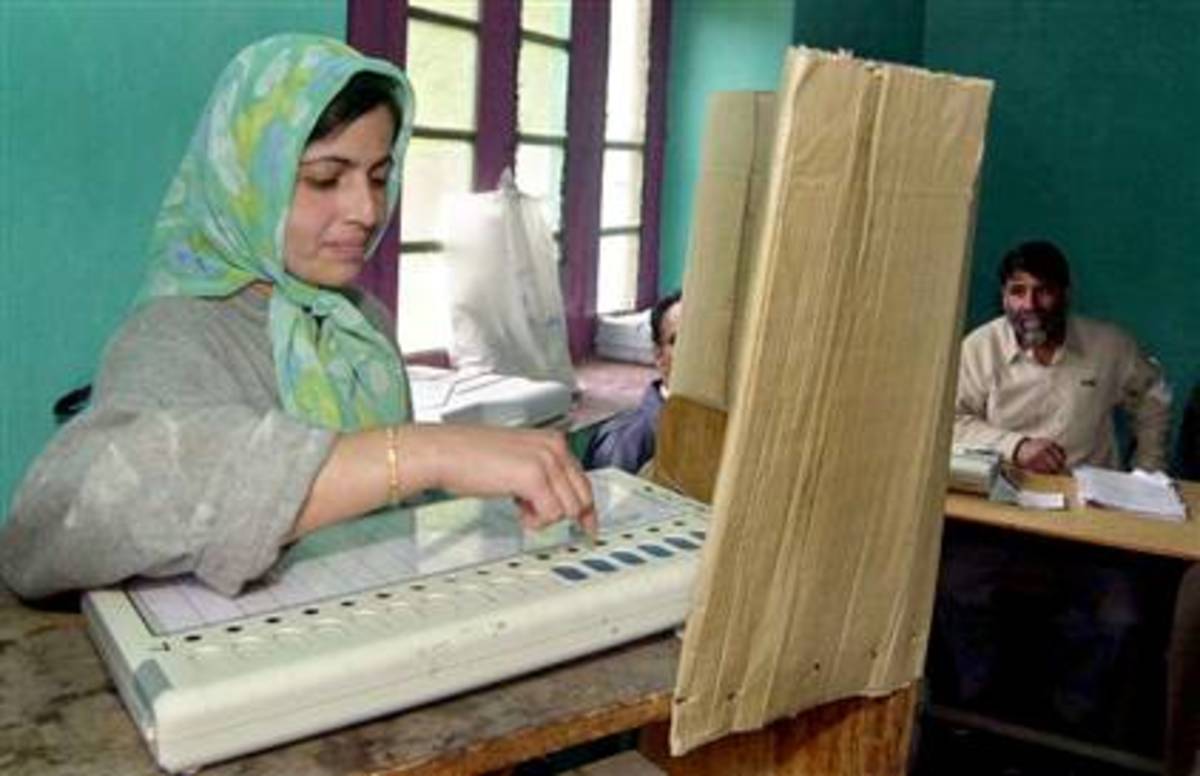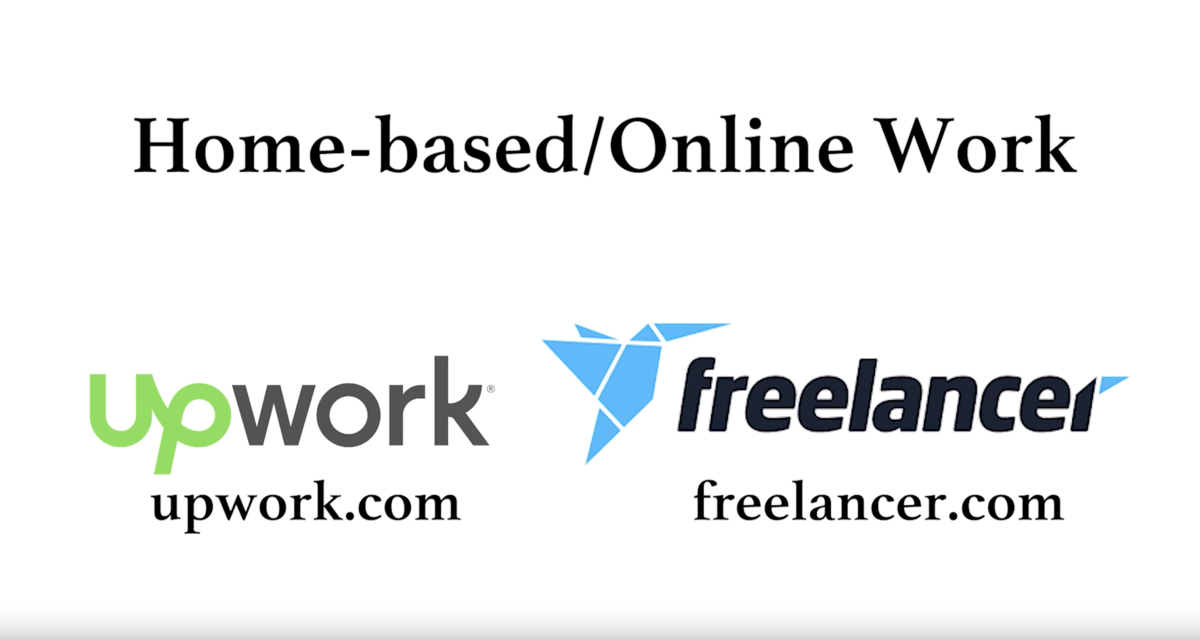India’s Struggle for a World-Class Education

The cost of obtaining an education is seen as a necessary evil in India. An Indian student looking to get a graduate or post-graduate education is faced with options that range from a few thousand to lakhs of rupees, the upper ranges of the cost of an education are in the region of Rs30 lakhs to Rs1.5 crores. Moreover, as a developing third world nation, Indians consider getting an education as a very important investment. Each successive generation of Indians is absolutely clear that along with higher education comes a well-paid career. In fact, education is considered as a safety net, much like term insurance, that would offer protection during bad times.
There is a saying in India, “As long as you can speak English, you will never starve in India.” The long legacy of colonial rule has stamped certain indelible impressions on the Indian psyche. These include the quest of education which, as history is witness to, was what broke the taboo that Hindus had about crossing the kaala pani (black waters/ocean). When the British colonies in South Africa, Fiji and the Caribbean tried to draft indentured labor to replace the slaves who had been freed in the early 1800s, the British ships had to keep large vats of water from the holy river Ganges to placate the shiploads of Indian workers who would rather march than cross the oceans!
Today, all that has changed. Many look for employment overseas and quite a few elect to study abroad and continue to stay on in their host country for professional reasons. This is the main reason, in 2016, India has topped the charts with the largest diaspora (16 million people of Indian origin) in the world.

Banking on Future Success
The maximum amount of secured loan that can be taken from banks is usually Rs30 lakhs for an education in India and Rs40 lakhs for students applying abroad. Then there is the collateral value of 110% and five years of simple interest to take care of. Repayment terms range from 5-15 years. The average repayment time in India is seven years during which the student would be paying anything between Rs10,000-35,000 on an Indian education and somewhere between Rs30,000-50,000 for an education outside India.
Typically, banks offer education loans up to Rs.4 lakhs in value without collateral (girls get charged 0.5% less) and the contribution from the student’s side can be in the range of 5-20% of the total fees of the course. Then there are individual variations of student loans which take care of up to Rs20 lakhs at a much reduced interest rate for applicants from/for premier institutes such as IIT, ISB, IIM, NIT, and AIIMS. Banks have increased their limit for overseas education loans from Rs30 lakhs to Rs.1.5 crore in wake of the government guarantee loan amount increase from Rs4 lakhs to Rs7.5 lakhs. Banks expects a 15% increase in their number of loans and a 20% increase in disbursements in 2016. Students are exempted from repayment while studying and usually get a year’s moratorium.
Trouble usually begins in the unstable and volatile job market where even sunrise sectors such as IT require job changes in the initial period till the student can become financially and professionally secure in their new career. Keeping an emergency corpus always helps. Moreover, once there’s a job in hand, savings and getting a protective cover like term insurance helps take care of liabilities or loans in case of an unfortunate event. In fact, you can include these liabilities in the term insurance calculator to determine the cover you need.

Recent Developments
There is a lot that can go wrong with things not working out according to plans and currently there is quite a significant number of defaulters. Due to increasing numbers of non-payment of education loans, some banks have increased their interest rates and add conditions such as making a guarantor, security or collateral mandatory for loans over Rs5 lakh. A lucky few have been able to lean on the availability of company-sponsored programs for post-graduate studies. A few start-ups have been keenly watching the Indian higher education loan market which is a Rs80,000 crore market with an average penetration of 20%. These startups offer peer-to-peer finance options, network with colleges and institutes with infrastructure loans to existing schools and colleges, depending on their ticket size.
Most foreign institutes require overseas students to have some sort of insurance cover or the other while studying abroad. Some time the defaulting students go off radar and change their location and move to other cities, snapping all contact with their lenders. In such cases, it is impossible for banks to contact these defaulters to recover their loss.
Sometimes, the students are caught in the crossfire between an expensive loan and poor quality education from low quality institutions that severely hamper their chances of landing jobs. Stuck in meager-paying jobs, they are unable to pay their education loan installments and default on the same.
Mistakes in repayment of education loans can have long-standing effects on a person’s credit rating, and one needs to take precautions. On the other hand, showing that you can make consistent payments towards a loan or term insurance can help boost your credit score.








